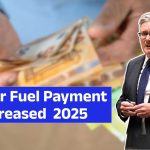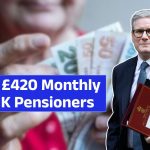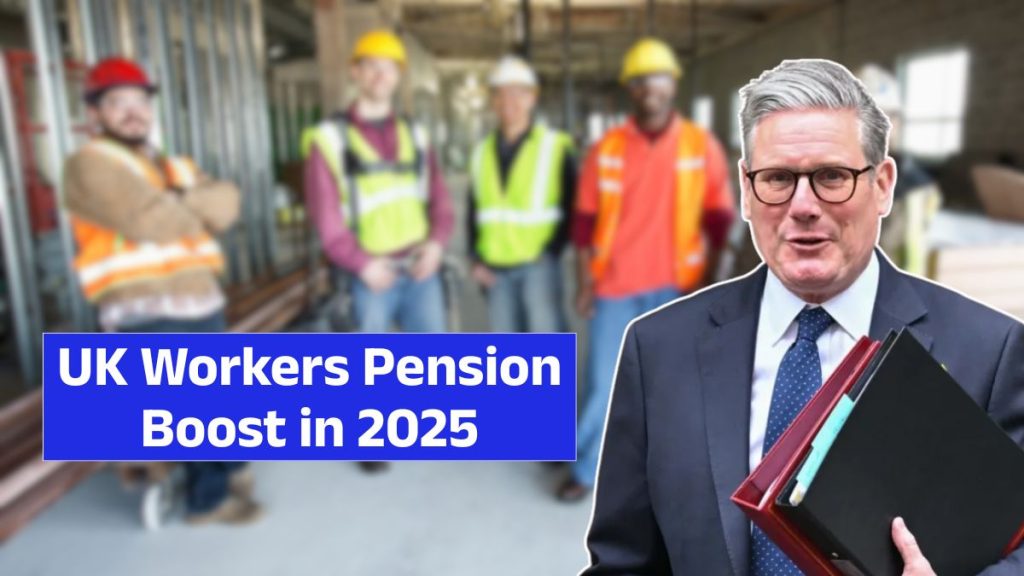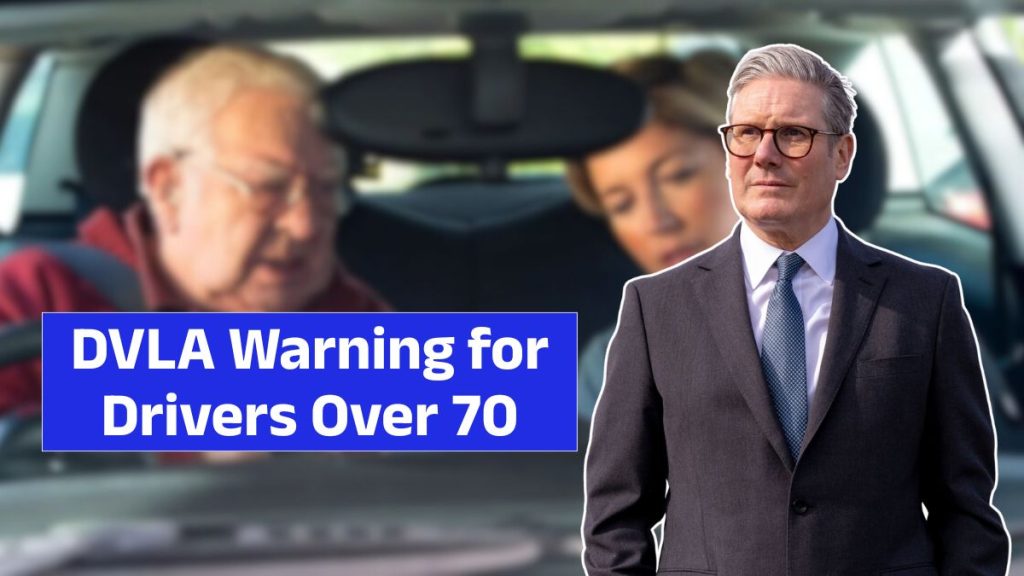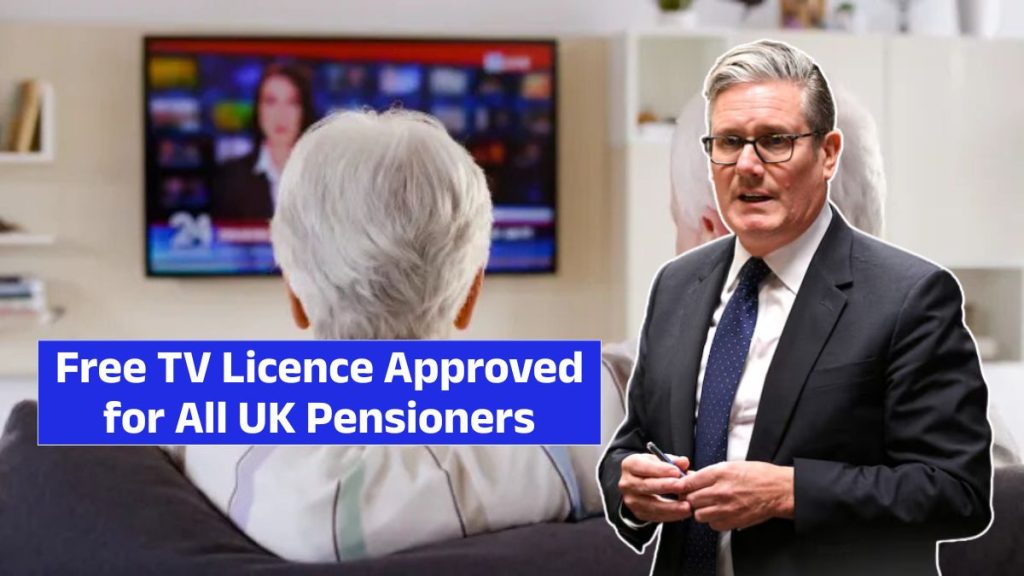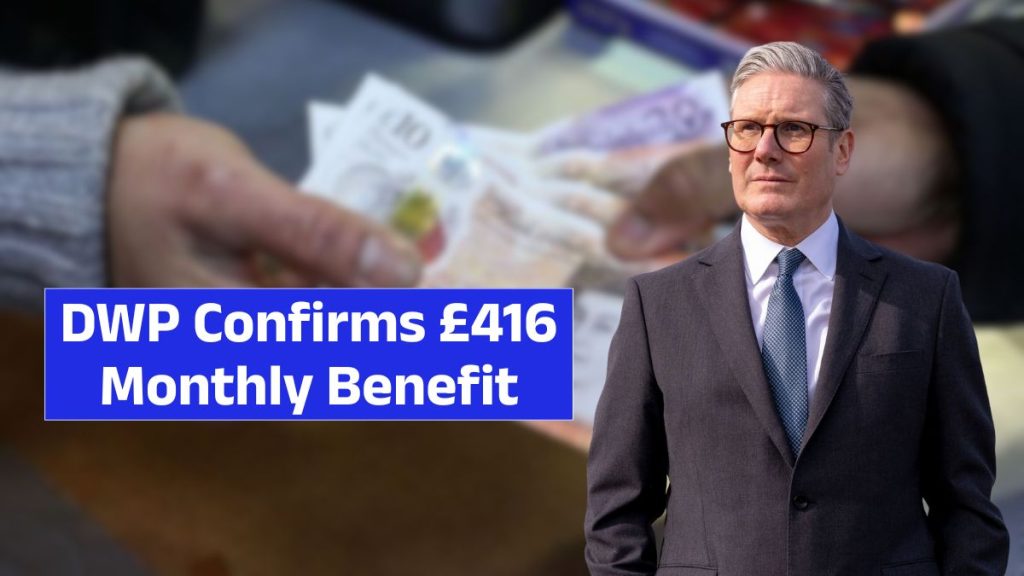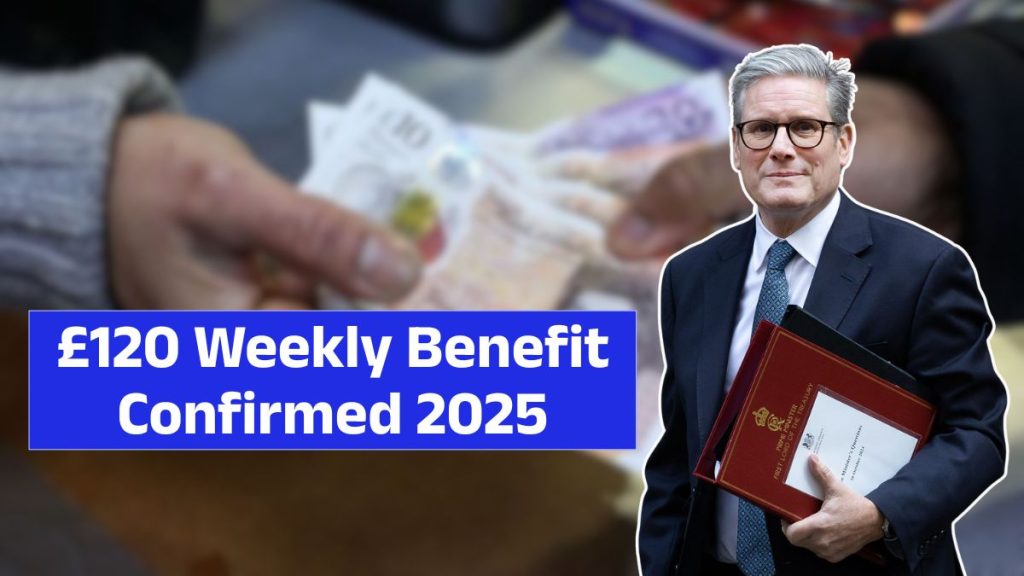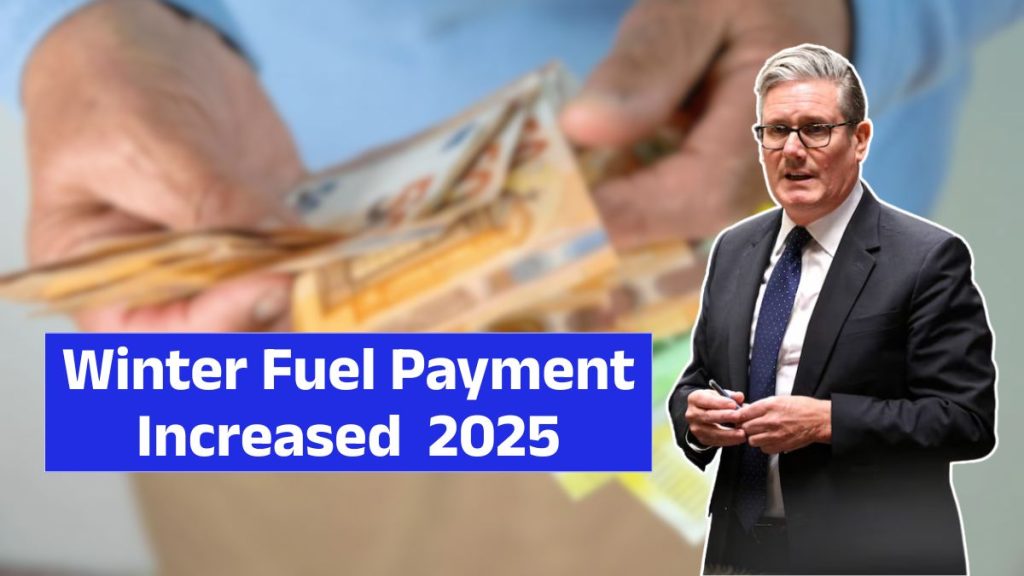The Department for Work and Pensions (DWP) has confirmed a new £500 cost of living payment for 2025. The payment forms part of the UK government’s broader support package aimed at helping households cope with rising costs, inflation, and continued financial pressures.
After months of speculation, the announcement provides reassurance to millions of low-income households, pensioners, and working families who have struggled to manage soaring bills.
Why Has the £500 Payment Been Introduced?
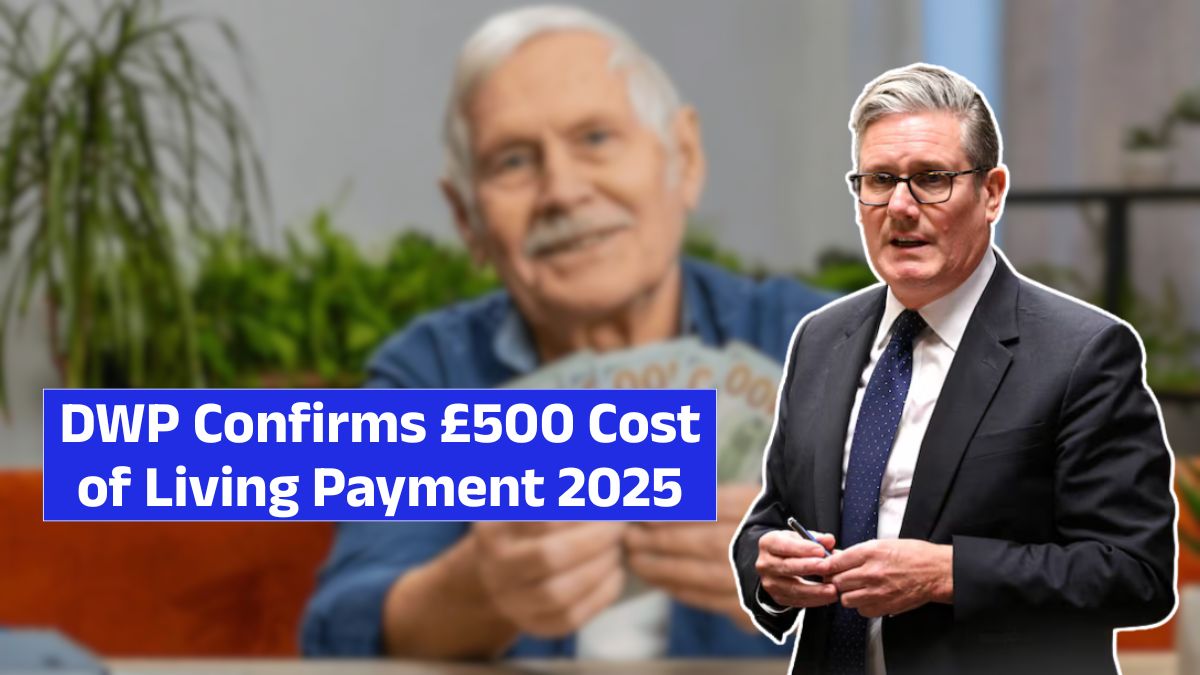
The UK remains under significant financial pressure despite inflation falling from its peak. Food, energy, housing, and transport costs remain stubbornly high, leaving many households stretched to breaking point.
Groups most affected include pensioners, benefit claimants, and low-income working families. The £500 payment is intended to prevent further hardship and ensure vulnerable households are not left behind.
Who Qualifies for the £500 Payment?
Eligibility for the payment is based on receiving certain means-tested benefits. According to DWP guidance, the following groups may qualify:
- Universal Credit claimants
- Pension Credit recipients
- Income-based Jobseeker’s Allowance (JSA)
- Income-related Employment and Support Allowance (ESA)
- Income Support claimants
- Working Tax Credit claimants
- Child Tax Credit claimants
If your household currently receives one or more of these benefits, you are likely to be eligible for the £500 cost of living payment.
What About Pensioners?
Pensioners have been particularly affected by rising food and energy bills, especially those relying only on the state pension.
The DWP confirmed that pensioners receiving Pension Credit will automatically qualify. Those who are not yet receiving Pension Credit but make a successful claim – with backdating covering the qualifying period – will also become eligible.
This means it is crucial for pensioners on low incomes to check eligibility and apply if needed.
When Will the £500 Be Paid?
The DWP has not yet given an exact date, but it has confirmed the £500 payment will be made in 2025.
Based on previous support schemes, most households can expect payments to arrive in early to mid-2025.
Importantly, recipients will not need to apply separately. Payments will be sent directly into the bank accounts used for benefit claims.
How Will the Payment Be Made?
The DWP will use the same system it previously relied on for cost of living payments.
- Payments will appear as a separate entry in bank accounts, distinct from regular benefit payments.
- For those on tax credits, payments will be handled through HMRC rather than DWP.
- Households should make sure their bank details and personal records are up to date to avoid delays.
Will Everyone Receive the Same Amount?
Yes. The £500 cost of living payment is a flat-rate one-off payment for all eligible households. Unlike benefits such as Universal Credit, which vary depending on household circumstances, the £500 will be the same for everyone who qualifies.
This approach allows the DWP to deliver support quickly, fairly, and consistently.
What If You’re Not on Benefits?
The £500 payment is targeted specifically at benefit claimants. However, there are still routes for households not currently on benefits to qualify:
- Applying for Pension Credit or Universal Credit before the cut-off date.
- Having claims backdated to cover the qualifying period.
Those who remain ineligible may still find other help, such as:
- Household Support Fund allocations from local councils
- Energy rebates and discounts
- Council tax support
The Wider Context: Cost of Living Crisis in 2025
The £500 payment is part of a wider government response to ongoing cost pressures. Families are still facing:
- Food prices around 15–20% higher than before the pandemic.
- Energy bills that remain above historic levels, even if lower than last winter.
- Housing costs, with rents and mortgages both rising.
- Transport and fuel expenses, hitting working households hardest.
While the new payment is a welcome lifeline, it is seen as a short-term relief measure rather than a long-term fix.
Comparison With Previous Cost of Living Payments
The government has issued several similar payments in recent years:
- 2022–2023: £650 across two instalments.
- 2023–2024: £900 across three instalments.
- 2024: £299 spring payment.
At £500, the 2025 support is smaller than some earlier packages but still represents significant relief in a period of persistent high costs.
Why Not a Universal Payment?
Some campaigners argue that universal payments would be simpler and ensure no one slips through the cracks.
However, the government insists that targeted support provides better value for money by focusing on those most in need, while limiting the cost to taxpayers.
Could There Be More Payments in 2025?
So far, only a single £500 payment has been confirmed. Ministers have not announced any follow-up instalments.
That said, if inflation or household costs continue to climb, the government may come under pressure to introduce further rounds of support later in the year.
How to Make Sure You Don’t Miss Out
To avoid missing out on the £500 payment:
- Check your benefits status – confirm you’re receiving a qualifying benefit.
- Apply if eligible – Pension Credit or Universal Credit applications could secure eligibility.
- Update your details – ensure the DWP or HMRC has your correct bank and contact details.
- Stay informed – follow government announcements for the final payment schedule.
Reactions Across the UK
The confirmation has triggered mixed responses:
- Supporters see it as a vital lifeline for struggling households.
- Critics argue £500 is not enough given rising rents, energy bills, and food prices.
- Charities welcome the move but warn of the need for long-term benefit reform.
What the £500 Could Cover for Families
For many households, an additional £500 in 2025 could help with:
- Energy bills for several months
- A portion of rent or mortgage costs
- School uniforms and clothing for children
- Weekly food shops during the most expensive months
Although it will not solve the cost of living crisis, the payment could provide breathing room and reduce financial anxiety for millions.
FAQs
Q1: Who qualifies for the £500 cost of living payment in 2025?
Households receiving Universal Credit, Pension Credit, income-based JSA, income-related ESA, Income Support, Working Tax Credit, or Child Tax Credit will qualify.
Q2: Do pensioners get the £500 payment?
Yes. Pensioners receiving Pension Credit will qualify. Those who apply successfully and backdate claims to the qualifying period may also become eligible.
Q3: When will the £500 be paid?
Payments are expected in early to mid-2025, with dates confirmed by the DWP closer to rollout.
Q4: Will the £500 be taxed or reduce other benefits?
No. The payment is a one-off tax-free amount and does not reduce entitlement to other benefits.
Q5: What if I don’t currently receive benefits?
You will not automatically qualify. However, applying for benefits such as Universal Credit or Pension Credit before the cut-off date could make you eligible.





